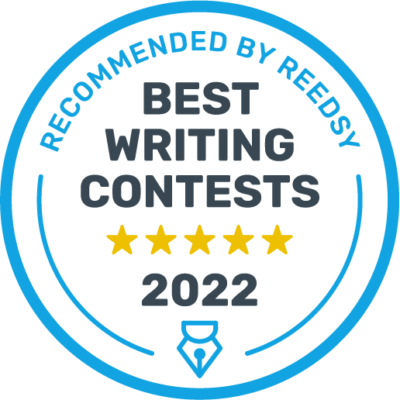Finding your writing voice
Students often ask me how to find their voices as writers. Voice, right? It’s the Holy Grail of writing, that mysterious quality we all seek to attain without really knowing how to get there. Some people will simply tell you to write like you talk. I’m in a different camp. We don’t speak in narrative structure, with an appropriately narrowed literary conflict, paying attention to choosing powerful verbs and avoiding telling instead of showing. When we talk, we tend to blather. We go on tangents. We add unnecessary exposition and summary.
What is “voice,” anyway? It’s pretty simple in concept, and much harder in execution. Voice is all about making your story sound like you, and making your story sound like what’s in your head.
To do that, I don’t want you to necessarily write like you talk. Instead, write like you are. This allows you to capture the essence of your conversational style, for sure, but also to wrap that up in the essential elements of storytelling.
What does it mean to write like you “are”? Discovering your authentic writing voice requires some self-analysis. Once you do that, it’s less of a mystery and more like finding out the results of an online personality quiz. Ask yourself these questions:
What’s your personality? Are you a formal person? Sarcastic? Centered? Your personality will affect the tone of your writing, whether it be lyrical, melancholy, logical, or humorous.
How do you speak? Do you tend to use proper English? Tons of slang? A regional dialect? Incorporate the usual rhythms and eccentricities of your everyday language into your writing, and you’ll have gone a long way toward achieving authenticity.
How does your mind work? Do you, like me, tend to have racing thoughts, taking you in a nonlinear path from A through Z, going off on tangents and into random memories? Or are you more focused and deliberate? Your thought process will have an impact on the pacing and structure of your stories – whether you are more linear or meandering in your telling, whether you get from the beginning to the end in short, simple sentences and paragraphs or require longer, more complex ones.
What do you think about? Imagine yourself at a party. What are you most likely to be absorbed by and remember later? Is it what happened – the action? What people said – the dialogue? How you felt – your internal dialogue? Or what people wore and how the room was decorated – the setting? What you focus on when receiving information from the world around you will affect the ratio of those key storytelling elements when you write.
Take a few minutes to jot down answers to these questions before you start to write this week, and see how who you are affects how you write.
Nonfiction Know-How:
Constructive Criticism
Enough about writing; let’s talk about reading. For this month’s Nonfiction Know-How, we want you to take a little break from your own writing. We’re always harping on how being a better reader will make you a better writer. But how do you become a better reader, and what do you do with that reading skill once you have it? Well, it’s for those two little words that strike fear and joy into a writer’s heart: constructive criticism. Learn more from Rowan here.
How to submit and fully participate in the challenge:
Basic YeahWrite guidelines: 1000 word limit; your entry can be dated no earlier than this past Sunday; nonfiction personal essay, creative opinion piece or mostly true story based on actual events.
1. In the sidebar of this week’s post, please grab the code beneath the nonfiction badge and paste it into the HTML view of your entry;
2. Follow the Inlinkz instructions after clicking “add your link” to upload your entry to this week’s challenge grid;
3. Your entry should appear immediately on the grid if you don’t receive an error message;
4. Please make the rounds to read all the entries in this week’s challenge; and
5. Consider turning off moderated comments and CAPTCHA on your own blog.
Submissions for this week’s challenges will close on Wednesday at 10pm ET. Voting will then open immediately thereafter and close on Thursday at 10pm ET. The winners, as always, will be celebrated on Friday.
Thank you for sharing with us your hard work! Good luck in the challenge…
 Loading InLinkz ...
Loading InLinkz ...About the author:








I have submitted my writings in this challenge and also in the Fiction challenge. Looking forward to more challenges like this.
I hope this isn’t utterly out of place. As I said at the start of my piece, I usually don’t take part in this sort of challenge.